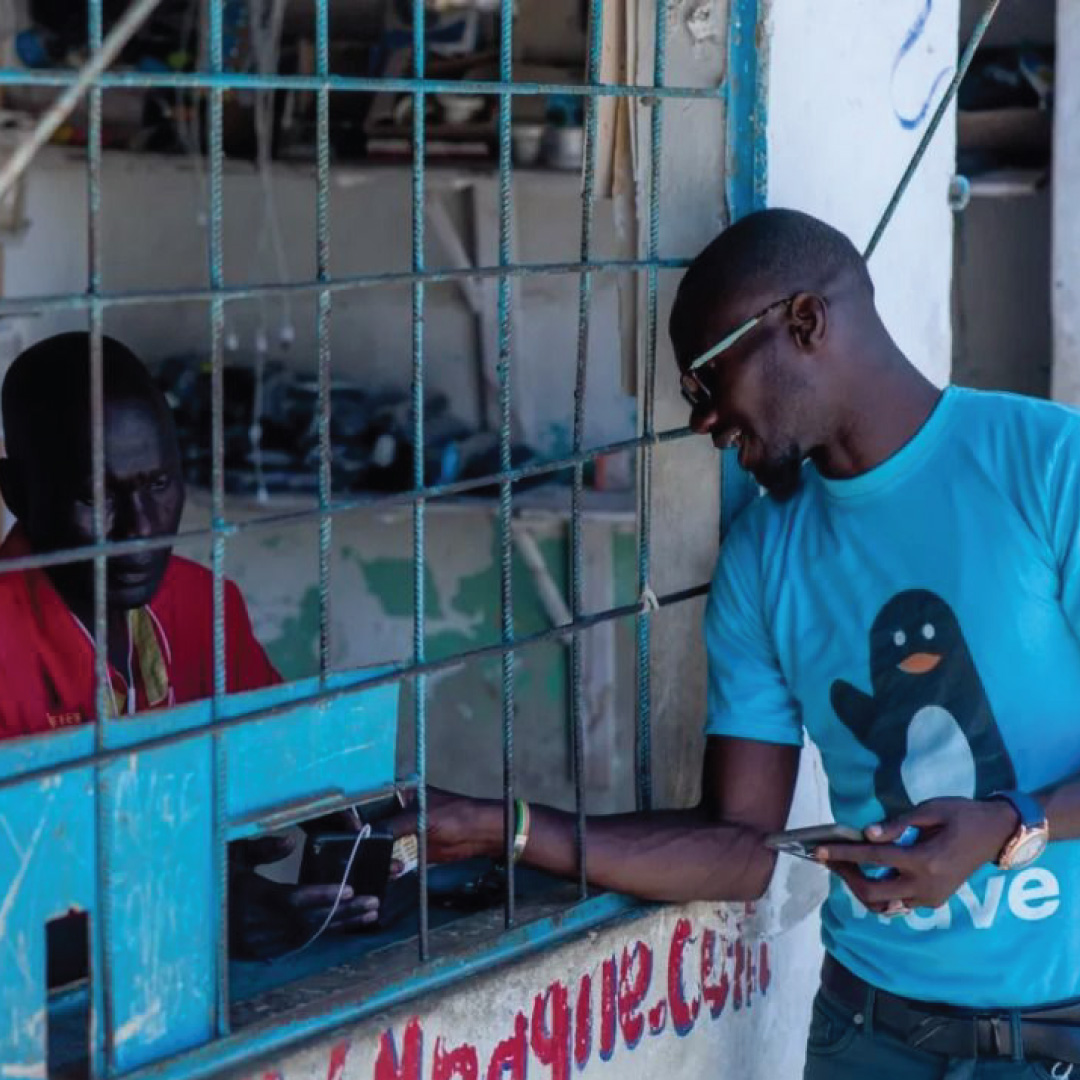Wave Mobile Money has been granted access to $90.3 million in funding from IFC. The purpose of this loan is to support Wave’s enterprise in Cote d’Ivoire.
Fintech Startup Funding: The Reason For IFC Funding For Wave
IFC which is an acronym for International Finance Corporation is a member of the World Bank. The World Bank invested in this startup because it felt the need to support the demand for digital payment in the West Africa region which was prompted by the COVID-19 Pandemic.
The COVID-19 Pandemic restricted the movement of people and this affected those in the western part of Africa as they weren’t allowed to queue at banks or other financial centers to perform transactions which affected the circulation of money in the region, this prompted various startups such as Wave Mobile Money to begin operations in this region to help alleviate the problems.
The Funding Breakdown
- $25 million in loans were obtained from the IFC account.
- $41 million loan was received from various companies namely: Symbiotics, Blue Orchard, responsibility, and Lendable.
- $24 million loan was obtained from Norfund and Finnfund.
About Wave
This startup was created in 2014 by Lincoln Quick and Drew Durbin who were the co-founders of Sendwave when it was created in 2014. Wave is very special from the rest due to some of the services it offers, which are:
- Free deposits and withdrawals on the platform
- 1% service charge which only implies transactions between individuals.
- They also offer services to those with phones which can’t download the mobile application as they provide those users with a free QR card that can be used to transact with agents who will help them to carry out transactions for them.
The company’s ambition is to make Africa, the first cashless continent and it had to start in the west African region as only 24% of the population have an active mobile money account compared to 34% in East Africa.
Read Also : Bloc Acquires Orchestrate to Improve Payment Services
In a statement, the Company’s regional director for the West African Economic and Monetary Union, Coura Sene, said: “Wave’s vision of making Africa the first cashless continent, by building affordable and user-centric solutions, matches IFC’s ambitions of universal financial inclusion.
What They Are Saying About The Funding
This investment by the IFC and other lenders will help us offer a diversity of financial products which will encourage users to stay within the formal sector and deepen financial inclusion in the region”.
The funding provided by IFC will help the company to grant the users to perform more transactions thanks to a simple fee structure and a reduced transaction fee which will bolster the use of mobile money by the populace, especially the lower-income customers.
Just last year, IFC invested a whopping $31.5 billion in private companies in developing countries especially in Africa as it plans to use the private sector to alleviate the problem of poverty caused by the COVID-19 Pandemic and it has invested $1.25 billion in the African ecosystem over the past 6 years.
Also last year, IFC alongside Partech Africa invested a total of $5 million which was part of Series A funding in Wave Mobile Money Holdings Inc, this pushed up the value of Wave to $1.7 billion which earned it the title of the “First unicorn in Francophone Africa”.
In an interview with Benjamindada.com, IFC’s Regional Director for West and Central Africa, Aliou Maiga, said: “Supporting access to financial services for low-income, the unbanked population is a key priority for IFC. Our investment in Wave will not only promote inclusive finance, but it will also significantly contribute to further advanced digital economy solutions in West Africa”.
Methods Fintech Companies Adopts To Pave The Road To Economic Inclusion
In our present 21st century, we would notice that the world is heading to an era of cash displacement due to digitization which will need better economic inclusion who better is running this project than Innovative Fintech companies.
The shocking fact about this discovery is that is being championed by emerging economies from Asia and Africa who are leapfrogging bigger economies by migrating from cash to digital access which provides new opportunities to people worldwide.
Read Also : Top 10 South African Tech Startups To Pay Attention To in 2022 And Beyond
This project has started changing the dynamics of banking in the world; According to the world bank, over 1.2 billion people who were without a bank now have access to this service which makes the unbanked population fall by 35% but excluding this achievement, there is a long way to go as over 1.7 billion people are still without a bank.
Here Are Ways By Which Fintech Companies Allow The Road To Economic Inclusion:
1) It eliminates some barriers:
Before the introduction of fintech banking, we usually queue at bank terminals to perform transactions which could be slow and strenuous due to the crowd present at such places and causes most businesses to lose intending customers.
Now, Business owners and individuals can stay in the comfort of their homes and are no longer at the mercy of monolithic banking incumbents.
The one criterion for you is to have a smartphone and you can receive any form of digital payment.
2) Accepting any and every payment:
The introduction of digital wallets, digital currencies, and now QR-based payments have shown no signs of stopping any time soon. The introduction of digital currencies such as crypto means that even though you don’t have any cash at hand or in the bank but you possess any form of digital currency, you can purchase items online and pay with digital currency.
3) Providing Valuable Data For Businesses:
With fintech companies, you can access some valuable data on their platform which will aid you to grow your business as data is the new oil of the tech sector.




